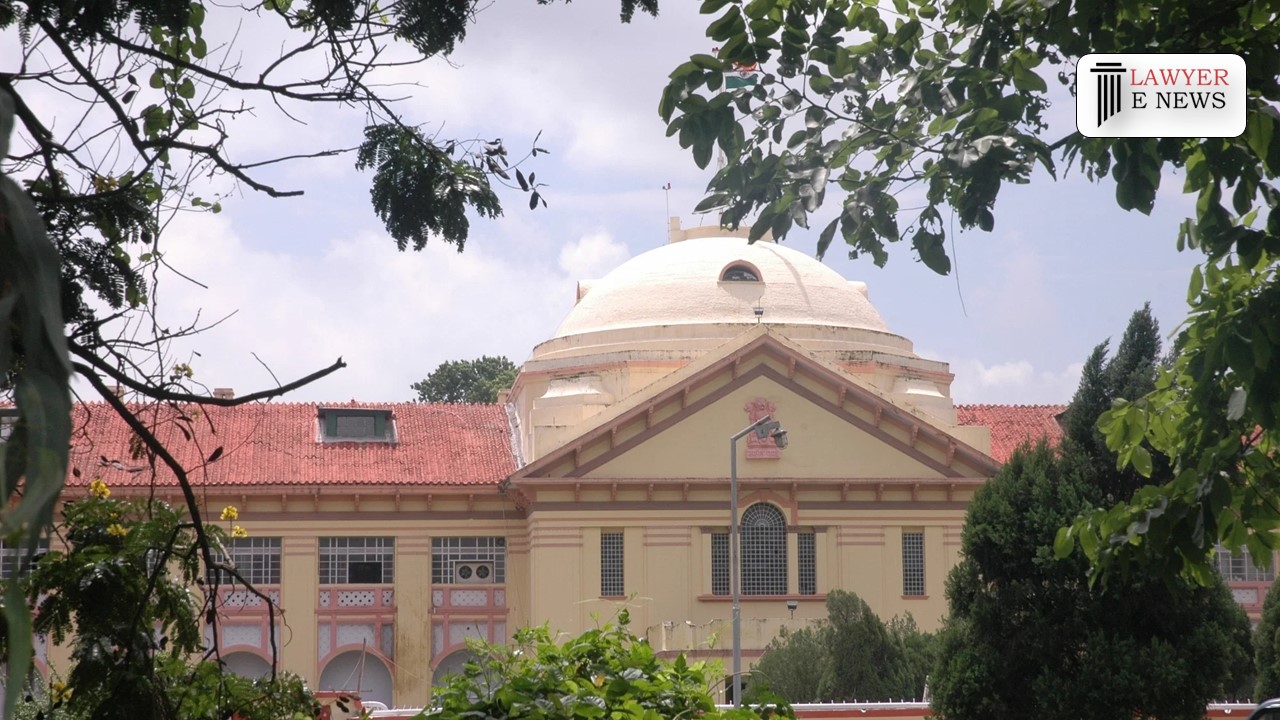-
by Admin
15 February 2026 5:01 PM



“Failure to Conduct Proper Medical Examination Crucial in Undermining Prosecution Case,” Says Bench
The Patna High Court has acquitted Bholu Rai @ Ashish Rai and Bali Rai @ Satyam Rai, who were previously convicted of gang rape of a minor under the Indian Penal Code and the Protection of Children from Sexual Offences Act (POCSO Act). The judgment, delivered by Justices Ashutosh Kumar and Jitendra Kumar, emphasized serious lapses in investigation and inconsistencies in the victim’s testimony, leading to the overturning of the trial court’s decision.
The case revolved around the alleged gang rape of a minor girl on the night of November 11, 2020. The victim reported the incident the following day, stating that the appellants had forcibly taken her to a field and raped her. The trial court convicted the appellants based on the victim’s testimony and forensic evidence, sentencing them to life imprisonment and imposing fines.
The court noted significant inconsistencies in the victim’s statements. Despite initially identifying the appellants, she admitted during cross-examination that she did not know their names or parentage before the incident. The court remarked, “The discrepancies in the victim’s statements and her admission of not knowing the appellants raise serious doubts about her ability to accurately identify the perpetrators.”
The judgment underscored the absence of conclusive medical evidence. Dr. Amlesh Kumar and Dr. Nibha Mohan, who examined the victim, found no injuries or signs of sexual assault. The court highlighted, “The intact hymen and lack of injuries on the victim’s body significantly undermine the prosecution’s case.” Furthermore, the failure to conduct a medical examination of the appellants, as mandated by Section 53A of the Cr.P.C., was deemed a critical lapse.
The court criticized the investigation, noting that the investigating officer did not conduct a thorough probe or examine independent witnesses. The court observed, “The investigating officer’s failure to medically examine the appellants and gather comprehensive forensic evidence is a major lapse that prejudiced the appellants’ defense.”
The appellants argued that the case was fabricated due to personal enmity. The defense highlighted inconsistencies in the prosecution’s case and the victim’s testimony, suggesting that the victim’s father had motives to falsely implicate them. The court found this narrative plausible, given the lack of corroborative evidence and the investigation’s shortcomings.
The court extensively discussed the principles of evaluating evidence in sexual violence cases, reiterating that a conviction can be sustained based solely on the victim’s testimony if found reliable. However, in this case, the court found the testimony unreliable due to inconsistencies and lack of medical corroboration. “The prosecution’s inability to prove the victim’s age and the investigation’s shortcomings critically weaken the case against the appellants,” the court stated.
Justice Ashutosh Kumar remarked, “The corroboration provided by medical evidence is essential, especially when witnesses turn hostile or there are inconsistencies in their testimonies. The failure to conduct proper medical examinations has significantly prejudiced the case.”
The Patna High Court’s decision to acquit the appellants underscores the importance of thorough investigations and reliable evidence in sexual violence cases. By highlighting the investigation lapses and inconsistencies in the victim’s testimony, the judgment emphasizes the need for rigorous adherence to legal procedures to ensure justice. This decision is expected to impact future cases, reinforcing the necessity for meticulous investigation and reliable evidence in the prosecution of sexual crimes.
Date of Decision: 04-07-2024
Bholu Rai @ Ashish Rai & Bali Rai @ Satyam Rai v. The State of Bihar
